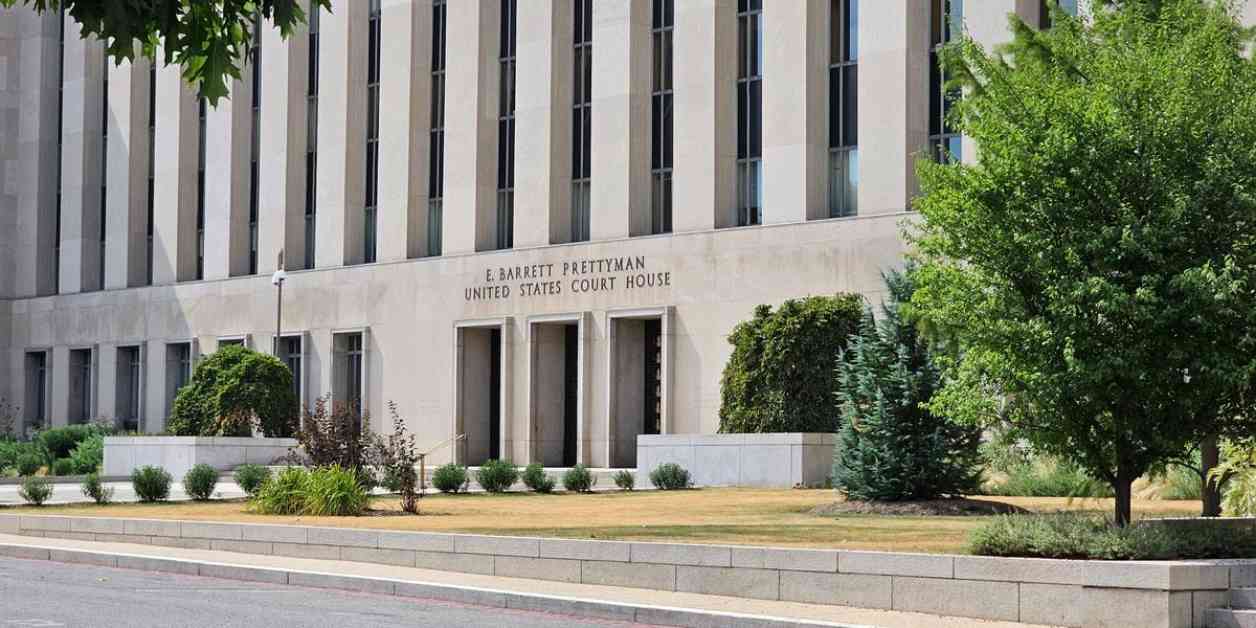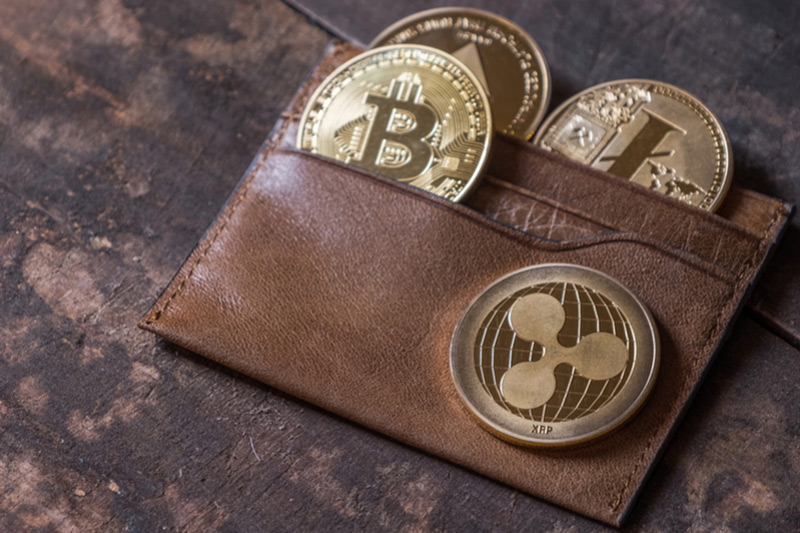Last week, the U.S. Securities and Exchange Commission (SEC) case against Binance was discussed in a hearing before a federal judge. Binance, Binance.US, and founder Changpeng Zhao are involved in this case. Attorneys for Binance argued that the judge’s ruling on Binance’s motion to dismiss the SEC’s case implied that third-party tokens issued by companies other than Binance were not part of the case. However, the judge clarified that this was not her intention, leading to a debate during the hearing.
The SEC’s lawsuit against Binance accuses the exchange of offering unregistered securities such as BNB and BUSD tokens, failing to register as a broker, and other violations. The SEC named 10 cryptocurrencies, including solana, as unregistered securities in the lawsuit. The discussion during the recent hearing focused on the status of these 10 tokens and how they relate to the case against Binance.
Judge Jackson’s previous ruling acknowledged plausible charges against Binance related to staking, initial coin offerings, and the sale of tokens. However, some charges were dismissed, such as those concerning Binance’s BUSD stablecoin and secondary sales of BNB. The SEC argued that the 10 tokens listed by Binance were securities and tied to a common enterprise where investors could expect profits, countering Binance’s Howey Test arguments.
During the hearing, the judge expressed the need to revisit both Binance’s motion to dismiss and the SEC’s opposition memo to further analyze the arguments regarding the third-party tokens. The two parties agreed on a deadline for filing a proposed schedule for the next steps in the case.
Additionally, the judge clarified that her ruling did not address stablecoins or secondary crypto transactions broadly but was focused on the specific case at hand. Other recent legal developments in the cryptocurrency space include hearings regarding Tornado Cash developer Roman Storm and Coinbase’s efforts to subpoena SEC Chair Gary Gensler.
Looking ahead, there are ongoing discussions and legal proceedings surrounding various crypto-related cases. The intersection of cryptocurrency and government regulations continues to be a complex and evolving landscape, with implications for industry participants and investors alike. Stay tuned for updates on these legal matters and their potential impact on the cryptocurrency market.

















